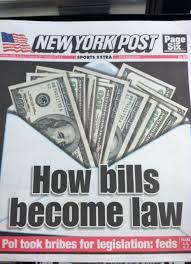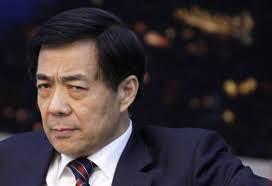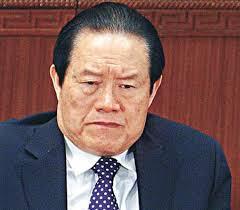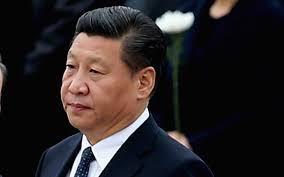 The chief corruption in American politics is the need to raise large sums for campaigns, the money coming heavily from interests wanting something. In effect it’s bribery, though politicians don’t (normally) get rich from it; what they get is re-elected.*
The chief corruption in American politics is the need to raise large sums for campaigns, the money coming heavily from interests wanting something. In effect it’s bribery, though politicians don’t (normally) get rich from it; what they get is re-elected.*
(New York is something of an exception. In 2012 I wrote about disgraceful State Assembly Speaker Sheldon Silver. Update: Silver was recently arrested by the Feds for millions in bribes and kickbacks disguised as legal fees. After initially rallying behind him, Assembly Democrats turned on him, and Silver was forced out as speaker.)
China, if you can believe it, is even worse than New York. While it’s often noted that our Congress is peopled by millionaires, the average wealth in China’s equivalent body (which has much less power) is vastly greater, it’s stuffed with billionaires. And whereas American legislators typically earned their affluence outside of politics, that’s not true in China. Being a bigwig in Chinese politics is a license to steal. And everything in China is outsized, including the corruption.

Bo Xilai
The country being so important, you’d think headline Chinese corruption scandals would get significant attention in U.S. media. They don’t. Not long ago Bo Xilai, boss of Chongqing, was a major figure in Chinese politics. Then he fell spectacularly, he and his wife charged with not only corruption but murder, both getting long prison terms.
An even bigger fish (or “tiger” in Chinese parlance) was Zhou Yongkang, at the center of power, controlling China’s oppressive national security apparatus.

Zhou Yongkang
He was China’s Beria. Now he too has fallen, blackened in China’s media as (to quote The Economist) “a thief, a bully, a philanderer and a traitor . . . the spider at the center of a web of corrupt patronage, he enriched himself, his family, his many mistresses and his cronies at vast cost to the government.”
Chinese might ask how such a villain could have gained so much authority. And while his downfall might be seen as “the system working,” the real story – as in Bo Xilai’s case – was power politics. This is the kabuki of top-level Chinese politics – since rule is by a sort of divine right (“the mandate of Heaven”), a man can be shorn of power only by voiding his divine right, by making a criminal of him. As if the other guys are different.

Xi Jinping
The Zhou Yongkang case ostensibly reflects President Xi Jinping’s anti-corruption campaign. While Xi does seem to recognize what a problem corruption is, the fact remains that the prosecutions are mainly political – getting rid of functionaries who aren’t Xi’s sycophants. He’s also been talking “rule of law,” but understands it differently than we do – rule by law, i.e., rulers’ commands, another tool for waging politics. The party, and its top dogs, are still above the law. Indeed, in China there’s really no “law” to be above.
Further, the regime is wrestling with the related concept of “constitutionalism.” China does have a constitution, which says a lot of good things. But the leaders don’t actually accept that the constitution should, even in theory, be followed. That idea is seen as “Western,” and people have been jailed merely for saying the constitution should be obeyed.
China’s apologists like to point out that Western democracies are not immune from corruption and abuses of power, citing Watergate as a premier example. But (as The Economist noted), Nixon fell because of checks and balances within the American political system – including, crucially, a free press.

(And don’t even get me started on the profound, vicious, all-encompassing corruption in Putin’s Russia, where the government is simply a criminal enterprise.)
* We often hear about “buying elections.” Can’t be done. While money does get your message heard, high-spending candidates regularly nevertheless lose.
